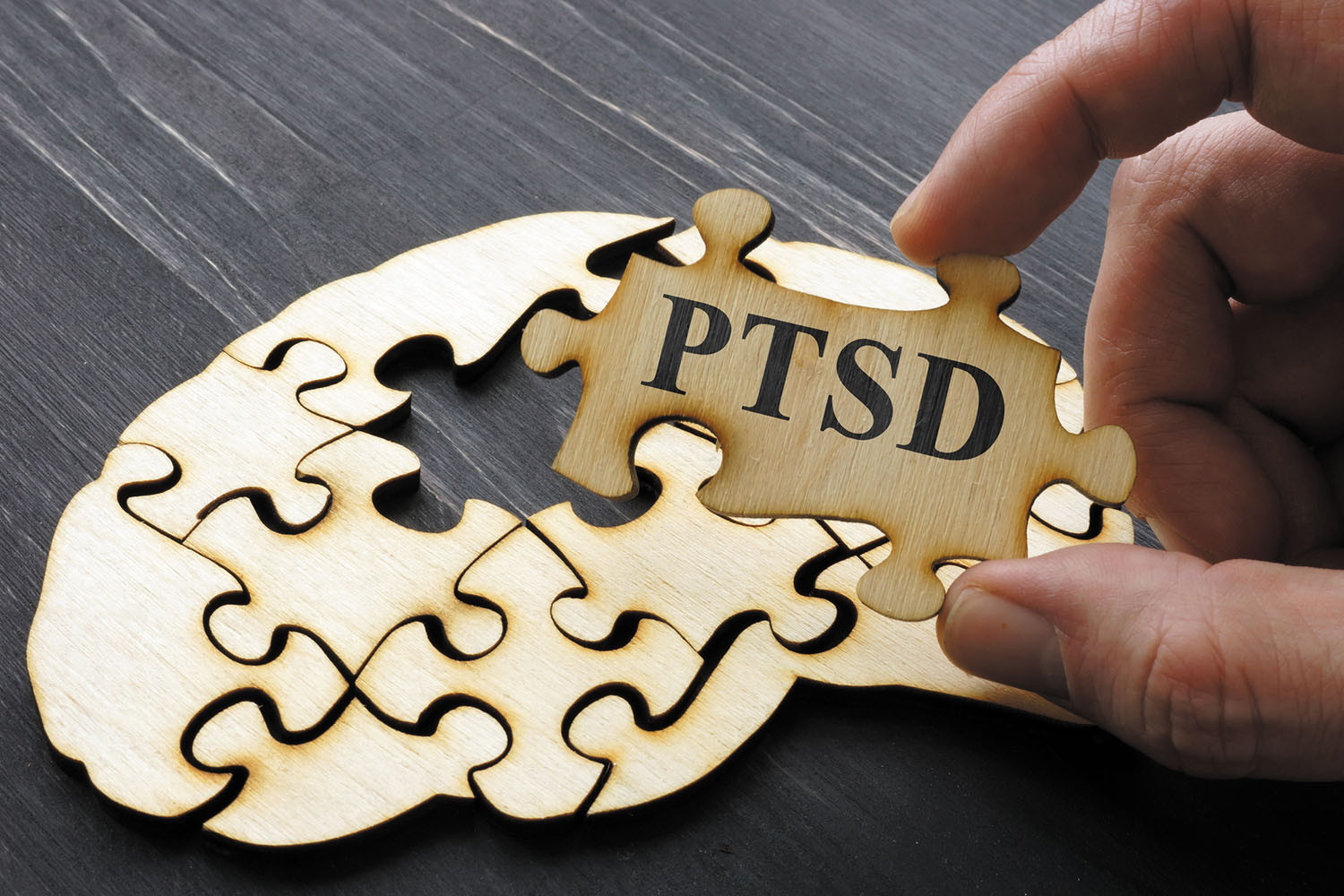Post-Traumatic Stress Disorder (PTSD) can arise from a wide range of traumatic events. These events are often intense and overwhelming, leading to a lasting impact on an individual’s mental and emotional well-being. Here are various types of traumatic events that can contribute to the onset of PTSD:
- Combat and Military Service:
- Exposure to combat situations, witnessing violence, and being in life-threatening circumstances during military service can lead to combat-related PTSD.
- Physical or Sexual Assault:
- Victims of physical assault or sexual assault may develop PTSD due to the intense violation of personal boundaries and the threat to physical and emotional well-being.
- Natural Disasters:
- Survivors of natural disasters such as earthquakes, hurricanes, floods, or wildfires may experience the sudden loss of homes, possessions, and the threat to life, leading to PTSD.
- Accidents and Near-Death Experiences:
- Individuals involved in severe accidents, such as car crashes or plane crashes, or those who have faced near-death experiences may develop PTSD.
- Childhood Abuse or Neglect:
- Childhood trauma, including physical, emotional, or sexual abuse, as well as neglect, can have a profound impact on the development of PTSD later in life.
- Medical Trauma:
- Patients who undergo traumatic medical procedures, experience life-threatening illnesses, or face severe injuries may develop PTSD as a result of the physical and emotional trauma.
- Kidnapping or Hostage Situations:
- Individuals who have been kidnapped or held hostage may experience extreme stress, fear, and a sense of helplessness, contributing to the development of PTSD.
- Terrorist Attacks:
- Survivors of terrorist attacks, whether direct victims or witnesses, may develop PTSD due to the sudden and violent nature of these events.
- Domestic Violence:
- Individuals who have experienced domestic violence, including ongoing emotional, physical, or sexual abuse, may develop PTSD.
- First Responder Trauma:
- Emergency responders, such as police officers, firefighters, and paramedics, may develop PTSD due to exposure to traumatic events in the line of duty.
- Serious Accidents or Injuries:
- Individuals who have experienced serious accidents, severe injuries, or life-threatening situations may develop PTSD as a result of the trauma.
- Military Non-Combat Trauma:
- Military personnel may experience traumatic events outside of combat, such as accidents, injuries, or witnessing distressing incidents, contributing to PTSD.
- Loss of a Loved One:
- Sudden or violent loss of a loved one, whether through death or other traumatic events, can lead to PTSD in individuals closely associated with the event.
- Human-made Disasters:
- Events such as industrial accidents, mass shootings, or other human-made disasters can result in PTSD due to the widespread trauma and chaos involved.
- Catastrophic Events:
- Large-scale disasters, including environmental catastrophes, bombings, or large-scale accidents, can lead to PTSD in those directly impacted or witnessing the events.
It’s important to note that individuals respond to trauma differently, and not everyone exposed to traumatic events develops PTSD. Factors such as resilience, social support, and individual coping mechanisms play a role in determining the likelihood and severity of PTSD. Recognizing the diverse nature of traumatic events helps in understanding the broad spectrum of experiences that can contribute to the onset of PTSD and informs appropriate interventions and support strategies.

